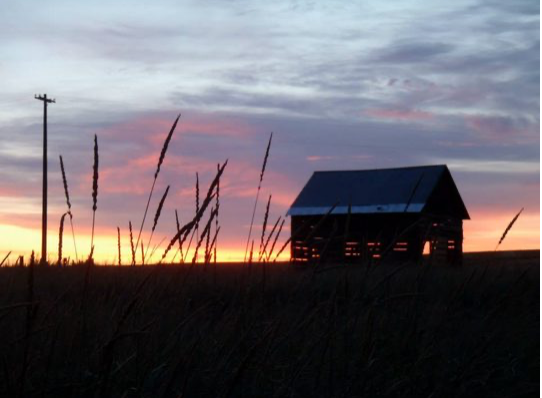In 2015, Washington state made indigenous history a required subject.
The state of Washington, with the collaboration and endorsement of the 29 federally recognized tribes in Washington State, has developed resources, materials, lessons, and entire units to support the teaching of tribal sovereignty, tribal history, and current tribal issues. The Frenchtown community of the 19th century was strongly connected, by blood and by community, to the tribes who originally allowed them to settle there. We have collected the following resources as an aid to teachers wishing to incorporate aspects of the history of Frenchtown in their lesson plans.
Washington State Curriculums and Lesson Plans :
- A list of the lesson plans most pertinent to Frenchtown among those developed by STI (Since Time Immemorial) and Washington State Historical Society, organized by grade level. These include pages on US-Indian Treaties and land allotments and on early interactions between settlers and Native Americans.
Additional Resources
From Washington State Historical Society:
- Treaty Trail: Collections : Primary images related to Treaty Councils; of particular interest are drawings of the participants of the 1855 Treaty Council.
- Maps: a PDF document containing four key maps, including current locations of Tribes and federally recognized reservations (2000), Washington Territory Indian Nations and Tribes (1854), Northwest Indian Reservations (1890), and The Stevens Treaty Expedition (1855).
From the Confederated Tribes of Umatilla Indian Reservation (CTUIR):
- “History, Tradition & Culture” : PDF files of articles from the Confederated Umatilla Journal (see also CUJ on Facebook). Many of these articles were authored by Tamástslikt Cultural Institute.
- Treaty with the Walla Walla, Cayuse, etc., 1855: Transcription of the Treaty with the Walla Walla, Cayuse, and Umatilla on June 9, 1855. The tribes ceded more than 6.4 million acres of land to the United States, reserving their rights to fish, hunt, and gather foods throughout the ceded lands, though they would live on a reservation.
From the Trailtribes website:
- Lewis & Clark and the Early Fur Trade: Excerpts from the journals of early explorers 1805-1817, mostly describing encounters with various Native American tribes.
- Establishment of Fort Nez Perces : Descriptions of the building of Fort Nez Perces and the early trading interactions at the post (1818-1826).
- Life at Fort Walla Walla: Brief excerpt from the journal of a visitor to Ft. Walla Walla in 1835. He describes the Native Americans he encounters and a religious service.
- Missionaries and Early Settlers: Discusses the arrival of missionaries in the area, the Whitman Incident, and the Cayuse War (1847-1850). It briefly touches on white settlers and intermarriage.
- Making Treaties: Describes Walla Walla Treaty Council of 1855. Focuses on the tribes’ desires to stay on their land, tribal understanding of the treaty, and treaty aftermath.
- The Shrinking Reservation: Especially pertinent is the section on the “Land Allotment Act.”
From the Indian Land Tenure Foundation:
- The history of allotments, including legislation, court cases, and treaties concerning allotment. Especially relevant is page on the History of Allotment and the Allotment Information for Alaska and the Northwest Area, which lists the allotment legislation in the region.
An overview of regional history related to Frenchtown, written by Paul Franzman.
